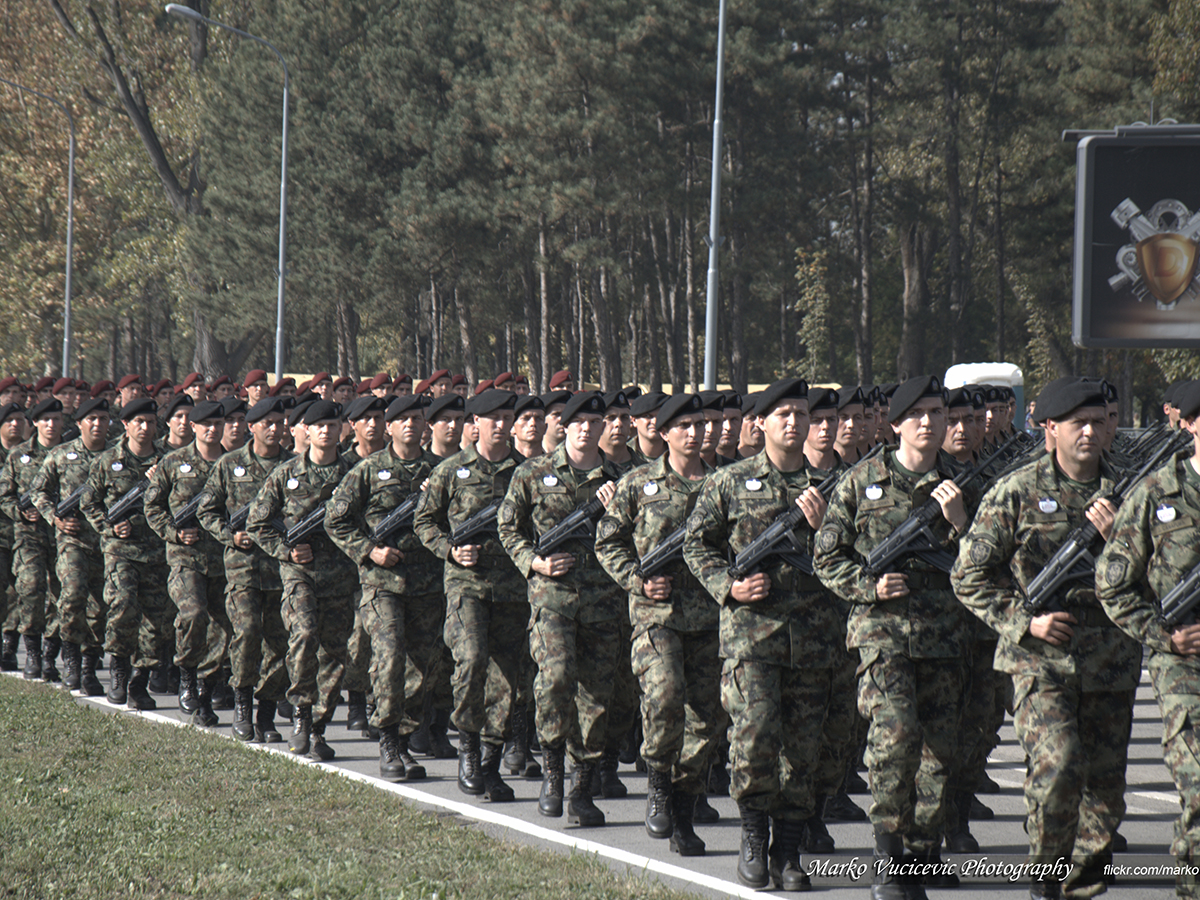
The worst thing about rising tensions in military contexts is that far too often, it seems like the only way out is war. And though the Russia-Ukraine War has been ongoing since 2014, the troops gathering on the borders of both countries seem to imply that something huge and terrifying could be on the horizon for the world as a whole. The allyships that both countries harbor feels eerily akin to those held by the Triple Alliance and Triple Entente prior to World War I, and if history has taught us anything, it’s that these alliances could mean the world gets dragged into this conflict in Eastern Europe. Nevertheless, though it may be reductive to say so, the answer to this altercation is for allies to keep out the best they can and for the military to be dissolved on these borders.
With the state of the world as it is with rising tensions everywhere, economies recovering from the pandemic, and an exhausted population coming out of the throes of 2020, the last thing anyone needs is for a war to start. Especially considering Russia’s substantial nuclear stockpile, the fears that the war could potentially turn nuclear is minimal but sadly must still be considered. As such, a war must be deterred as much as possible. Even though Russia has started digging trenches and has amassed more troops along the border than it has in the entire conflict, some sort of military conflict is imminent. The world as a whole cannot allow itself to get involved in the conflict. Allies to Ukraine and Russia would be better off holding out to see if the two countries can simply settle it themselves. The world at large should step in only if matters take a turn for the nuclear in order to deter the chances of a nuclear holocaust.
Given this conflict is deep-seated and ongoing, it doesn’t seem likely that either side would be willing to sit down and talk it out with one another. They see it as easier to duke it out on a battlefield rather than have a diplomatic discussion. However, though this has the potential to escalate into a full-on war, raising awareness in the public of this conflict is a very strong way to warn people of the potential dangers of the situation, especially if nuclear warheads get involved. Educating people on the issues going on between these two countries — to inform the public, rather than make them afraid of it — could have the potential to help de-escalate the conflict, at least from a worldwide stance. Although anti-war efforts don’t always work, the strong negative sentiment from the world about possibly being dragged into war might offer the potential for the two opposing parties to back down if their allies do not want to help them out.
Politically, the world should keep an eye on the conflict but try not to engage, as engaging could further flare up the problem. If one country’s ally backs them up but the other is left hanging, then even more conflicts could arise. You could argue that it is human nature to fight wars and to support allies, but we don’t need another war to scar the surface of a world that is still recovering from last year’s bruises.
The Biden administration has already said it will take further action if Russia keeps upping the tension, but this is the wrong course of action. Some are saying that this conflict might be Russia testing Biden, and the fact that Russia is making this “readiness exercise” so public could mean that they are doing it all for show and might be posturing to make themselves look like the stronger party in this conflict. Nevertheless, the fact remains that the relations between Ukraine and Russia may very well be legitimate grounds for a battle to break out. Whether or not this gathering of troops is staged does not diminish the fact that it is a dangerous posturing that could result in a battle breaking out.
Regardless of politicians’ sentiments on the matter, if Russia and Ukraine engage in a military conflict, the world must sit back and watch carefully. The population at large cannot afford a war in this current climate, and we should remain laissez-faire about the whole ordeal. Though war is not the answer, it is an unfortunate possibility. If it can be avoided by the world taking a negative stance on it, then all the better to prevent loss of life in both countries and the possibility of a world-stage conflict. War is not the answer; anything to de-escalate it is.







